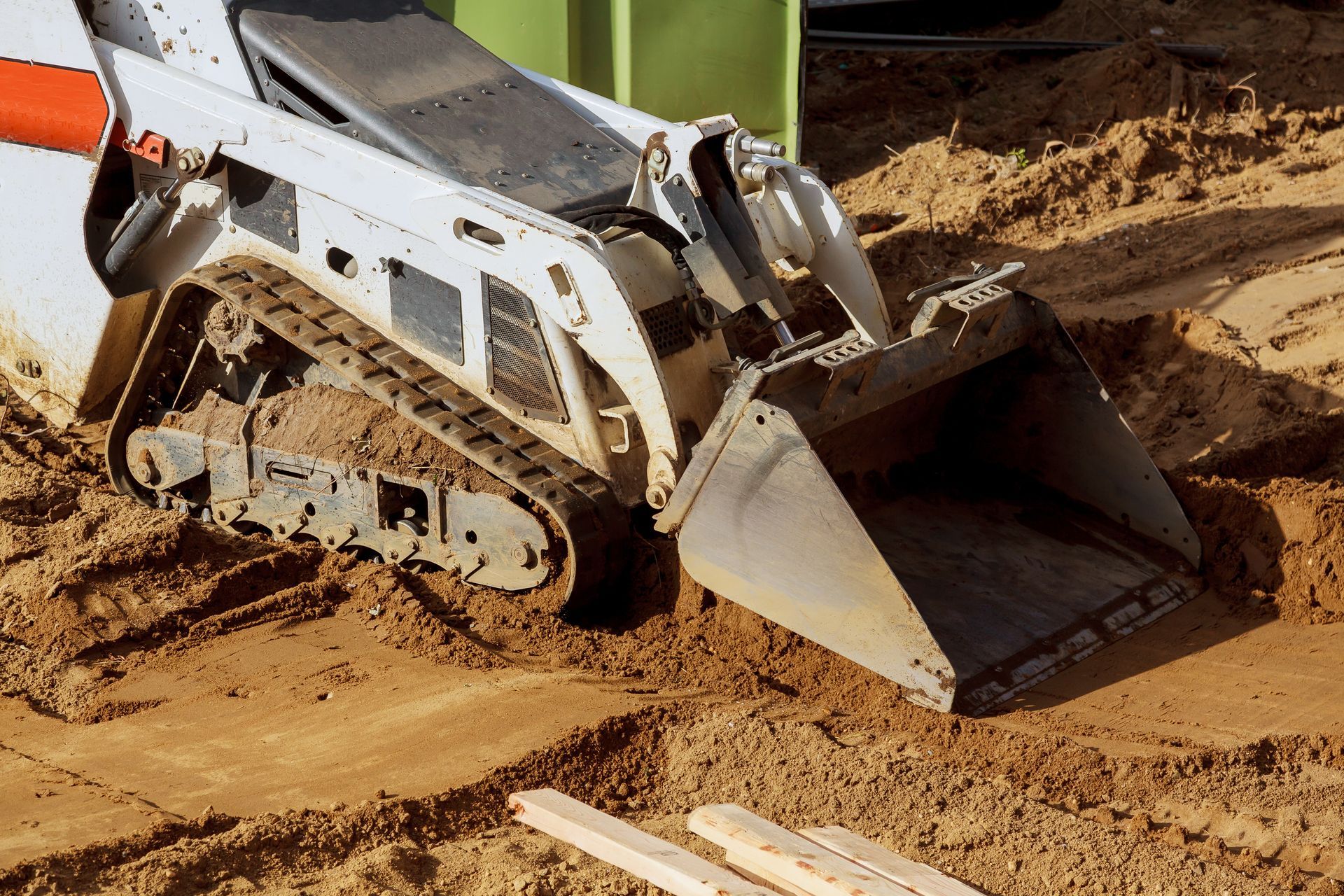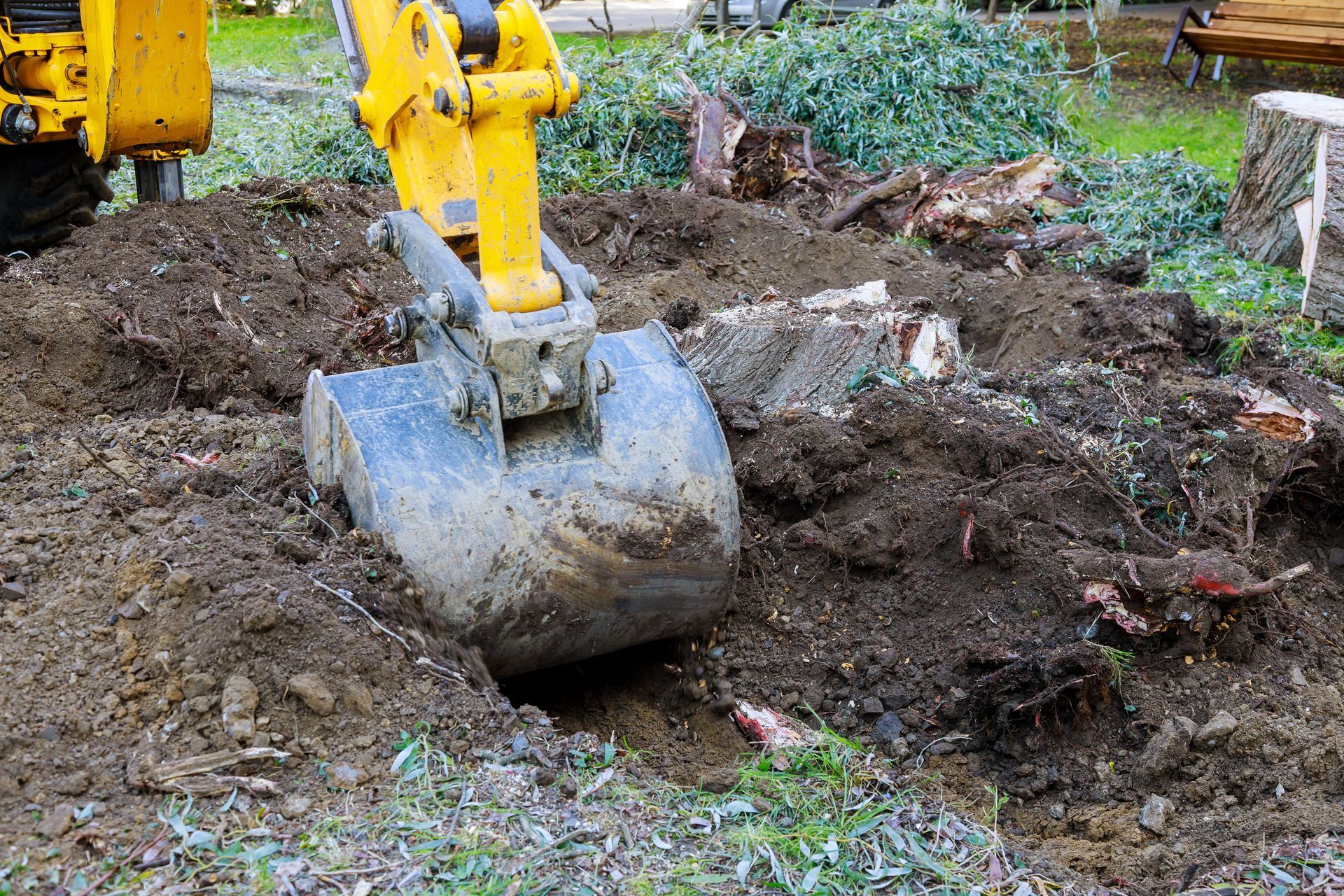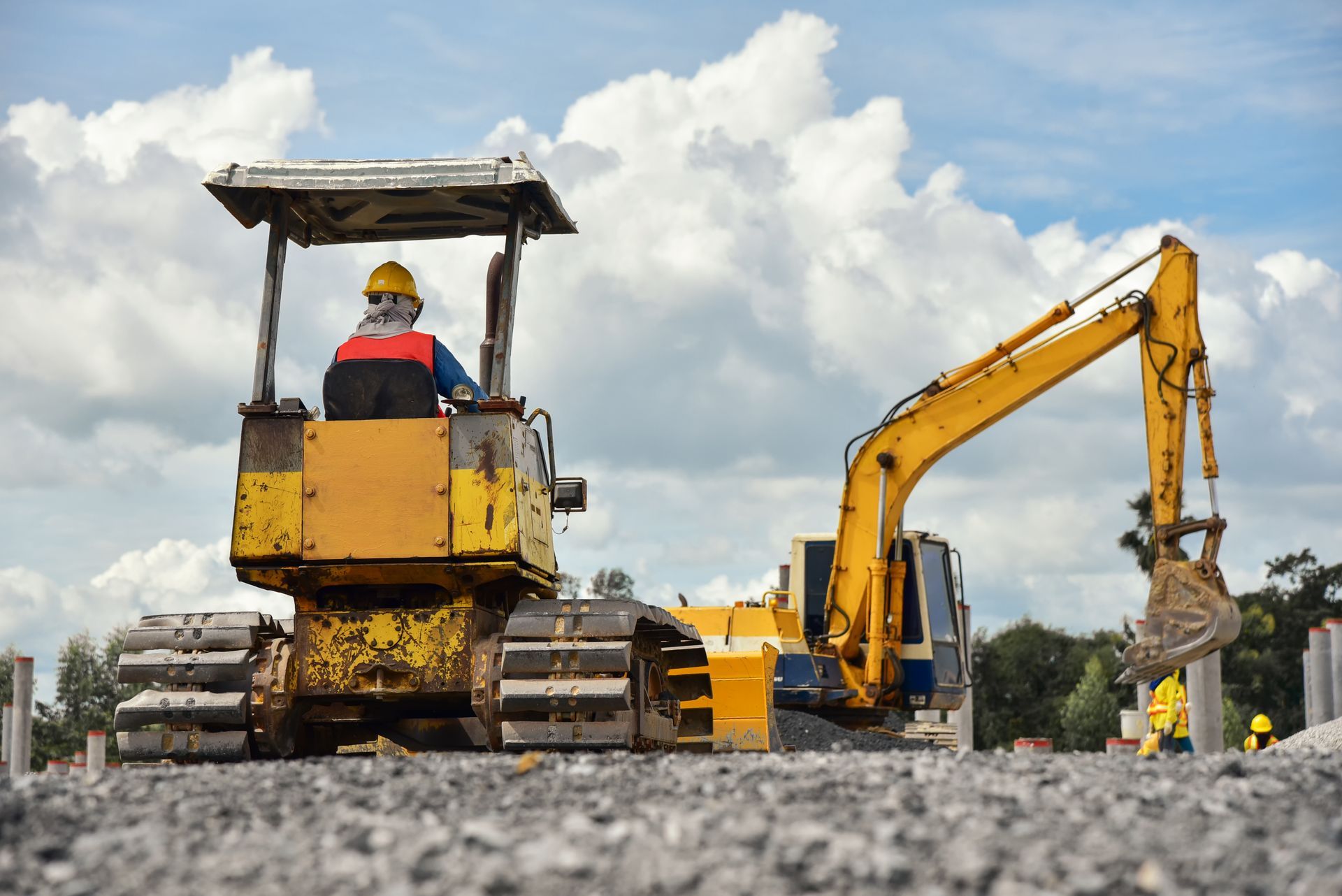Excavation Services
Types of Excavation Services, Palmdale CA
Excavation services encompass a diverse range of activities tailored to meet the distinct needs of residential, commercial, and industrial projects. In the residential sector, excavation plays a pivotal role in tasks such as foundation digging, swimming pool installation, and landscaping. This requires specialized equipment like mini-excavators and backhoes, designed to navigate confined spaces commonly found in residential areas. Precision and care are essential to prevent damage to existing structures and utilities.
Commercial excavation services are geared towards larger-scale projects such as office buildings, shopping complexes, and parking lots. The scope often involves bulk earthmoving, grading, and utility trenching. Excavators, bulldozers, and graders are common in this setting, ensuring efficiency in handling substantial volumes of earth. Additionally, environmental considerations and adherence to local regulations play a crucial role in commercial excavation.
Industrial excavations, involving projects like mines, quarries, and infrastructure development, demand heavy-duty machinery capable of handling challenging terrains. Large excavators, haul trucks, and drilling equipment are employed to extract minerals or create foundations for expansive structures. Safety measures are paramount, with specialized training for operators and strict adherence to industry standards.
Each type of excavation service requires a keen understanding of the specific project demands, from the size and scope to environmental factors. Qualified professionals and state-of-the-art equipment ensure that these services are executed with precision, efficiency, and safety across the residential, commercial, and industrial sectors.
Request a quote
Contact Us
We will get back to you as soon as possible.
Please try again later.
Trenching for Utilities
Trenching services for utilities is a critical component of infrastructure development, ensuring the installation and maintenance of essential services such as water lines, sewer systems, and electrical cables. Excavation services play a pivotal role in this process, employing specialized techniques to create precise trenches that accommodate the specific needs of each utility.
The primary role of excavation services in trenching for utilities is to carefully excavate the ground to the required depth and width, allowing for the installation of pipelines and cables while minimizing disruption to the surrounding environment. This precision is crucial to ensure the proper functioning and longevity of the utilities, preventing issues such as leaks, blockages, or electrical malfunctions.
Safety is paramount in trenching for utilities, given the potential hazards associated with excavation activities. Excavation services adhere to stringent safety measures to protect both workers and the public. This includes the implementation of shoring and sloping techniques to prevent cave-ins, as well as the use of protective equipment and safety protocols.
Utility trenching often involves navigating through complex underground networks, requiring careful planning to avoid damaging existing infrastructure. Advanced technologies such as ground-penetrating radar may be employed to identify and map the location of existing utilities, enhancing precision and reducing the risk of accidental damage.
Excavation services play a vital role in trenching for utilities by ensuring precision in the creation of trenches and implementing rigorous safety measures. This facilitates the installation and maintenance of water lines, sewer systems, and electrical cables, contributing to the reliability and efficiency of essential urban infrastructure.
Rock Removal Techniques
Rock removal services are a critical process in construction, mining, and various civil engineering projects, requiring specialized techniques and equipment to overcome the challenges posed by rugged terrain. Several methods are employed in rock excavation, each tailored to the specific geological conditions of the site.
One commonly used technique is drilling and blasting, where boreholes are drilled into the rock, filled with explosives, and then detonated to break the rock into manageable pieces. Another approach is mechanical excavation, using heavy machinery such as excavators, rock breakers, and tunnel boring machines to cut or break through the rock. Chemical and thermal methods involve the use of agents to weaken the rock or induce fractures through heating.
Despite the effectiveness of these techniques, rock excavation presents numerous challenges. The hardness and variability of rock formations, as well as the presence of faults and joints, can complicate the process. Safety considerations are paramount, given the risk of rockfalls, collapsing tunnels, and exposure to hazardous materials. Proper training and adherence to safety protocols are crucial to mitigating these risks.
Expertise in rock excavation is essential for efficient and safe operations. Experienced professionals can assess geological conditions, choose the most suitable techniques, and adapt to unexpected challenges. Additionally, they play a vital role in minimizing environmental impact and ensuring compliance with regulations.
Rock removal and excavation is a complex undertaking that demands a combination of specialized techniques, equipment, and expertise. The importance of safety and environmental considerations cannot be overstated, making the role of skilled professionals indispensable in navigating the challenges of rocky terrain.


